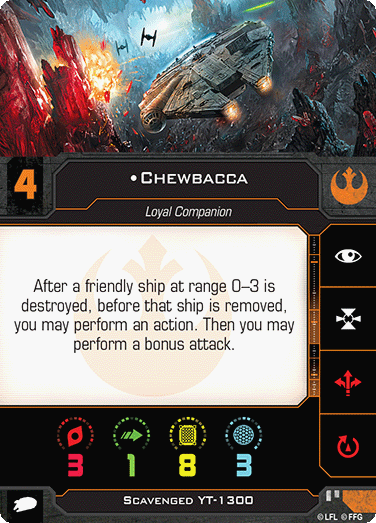"After you defend, Zam Wesell recovers 1 charge . Then, you may acquire a lock on the attacker."
"A card cannot recover a charge if all of its charges are on their active side." - from rules reference
Can you do the second part, acquire a lock, if you cannot recover a charge?

